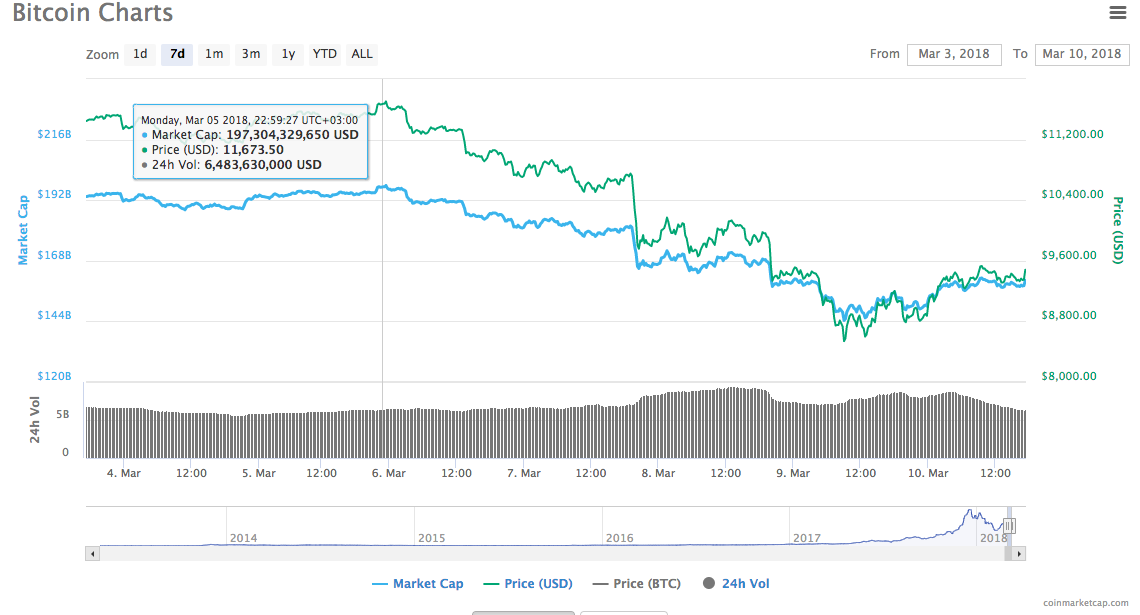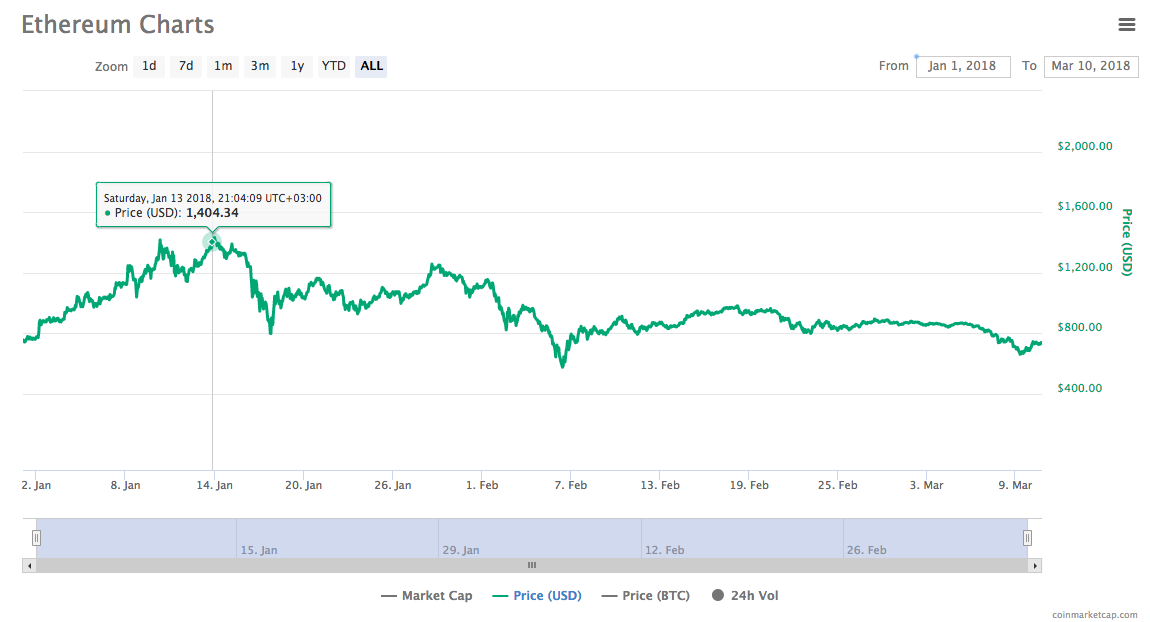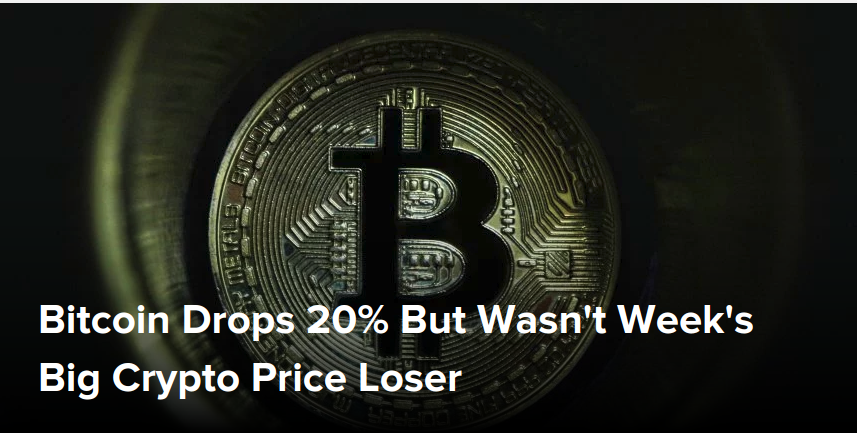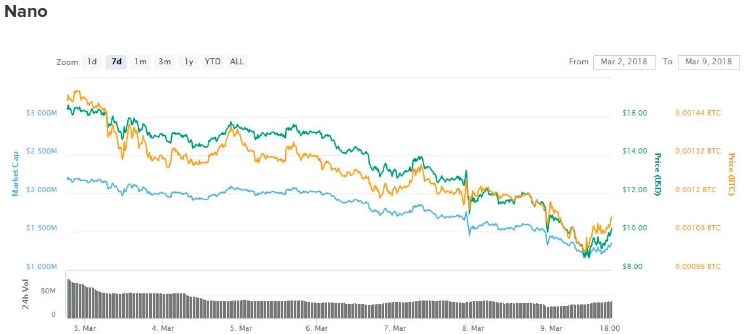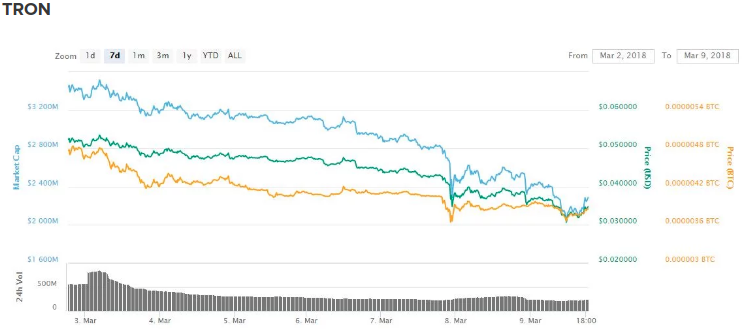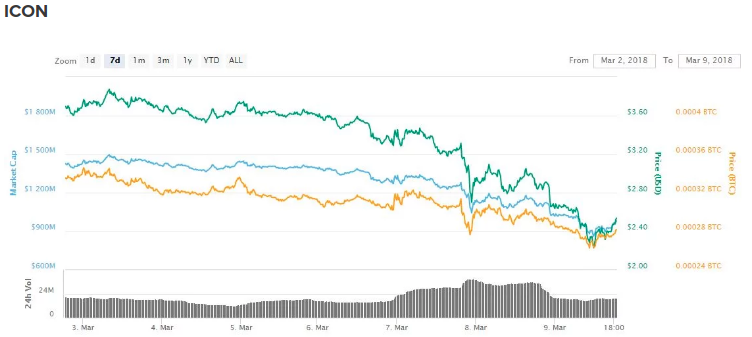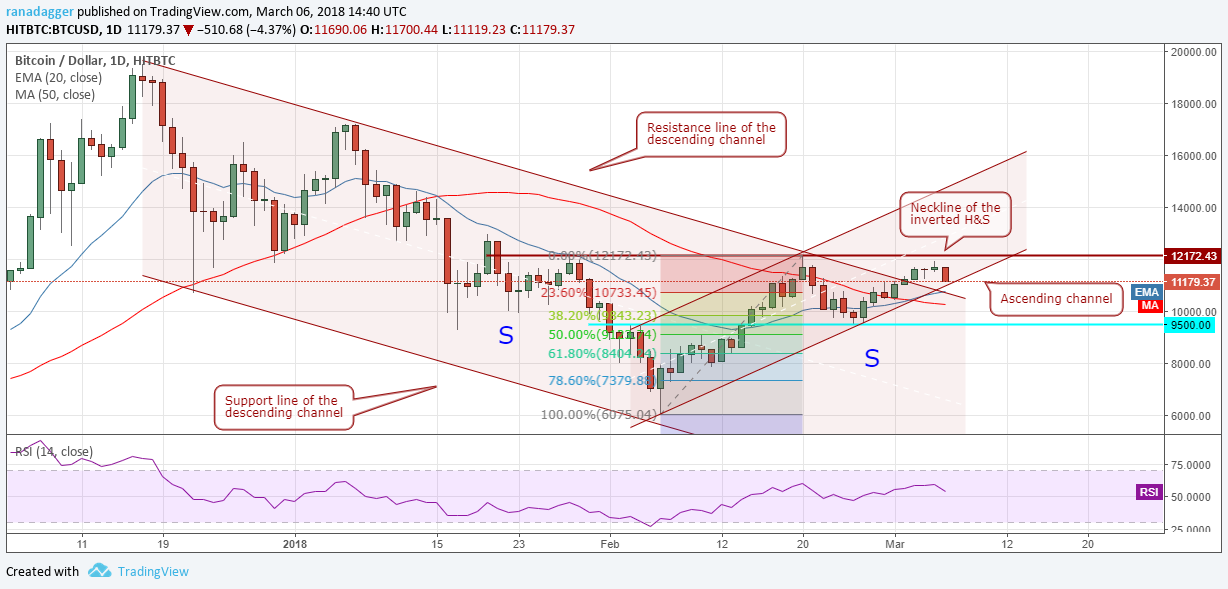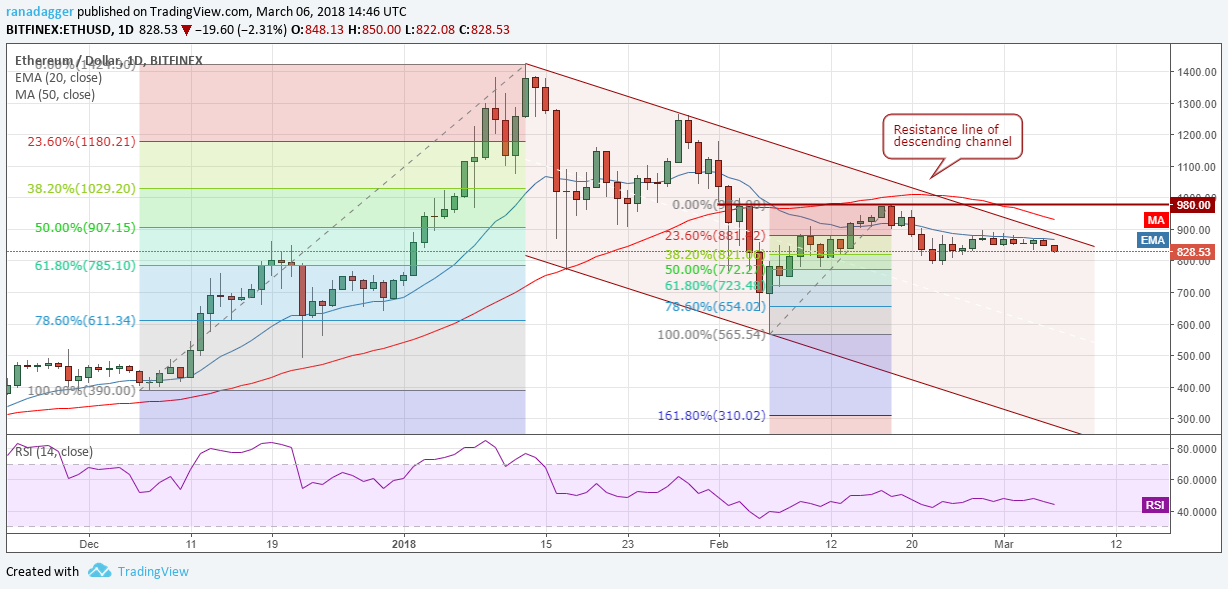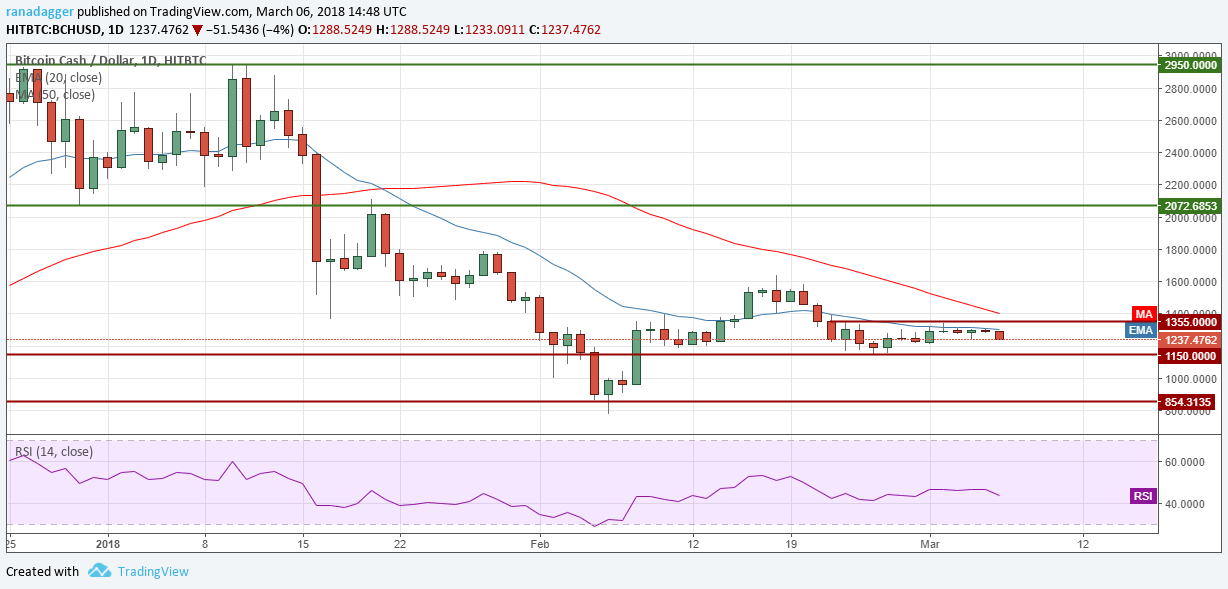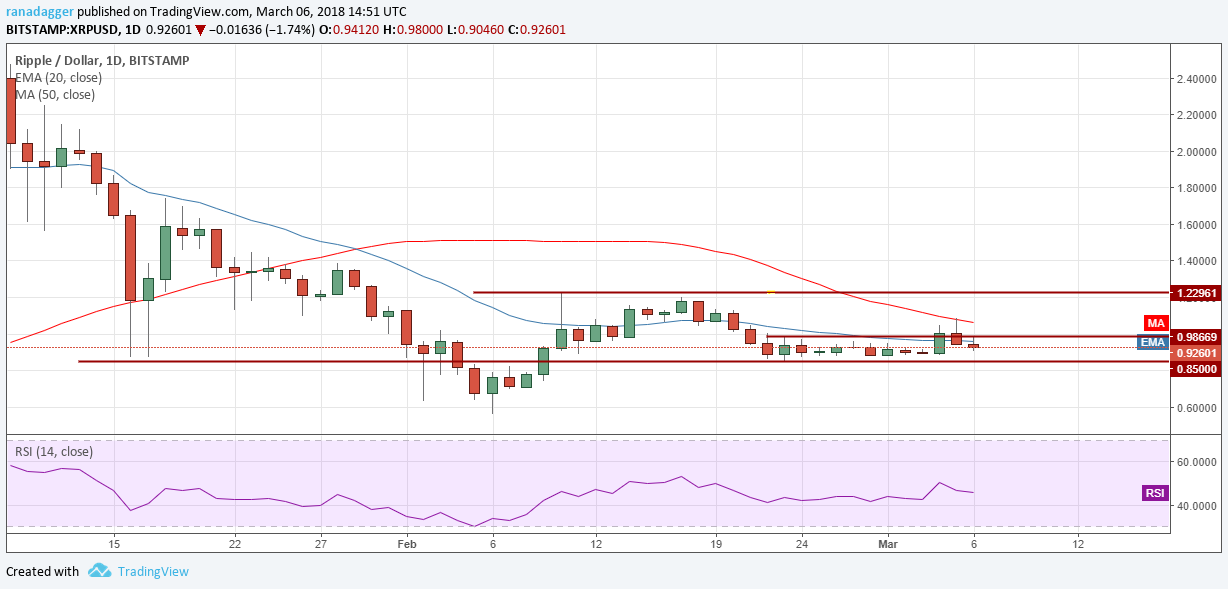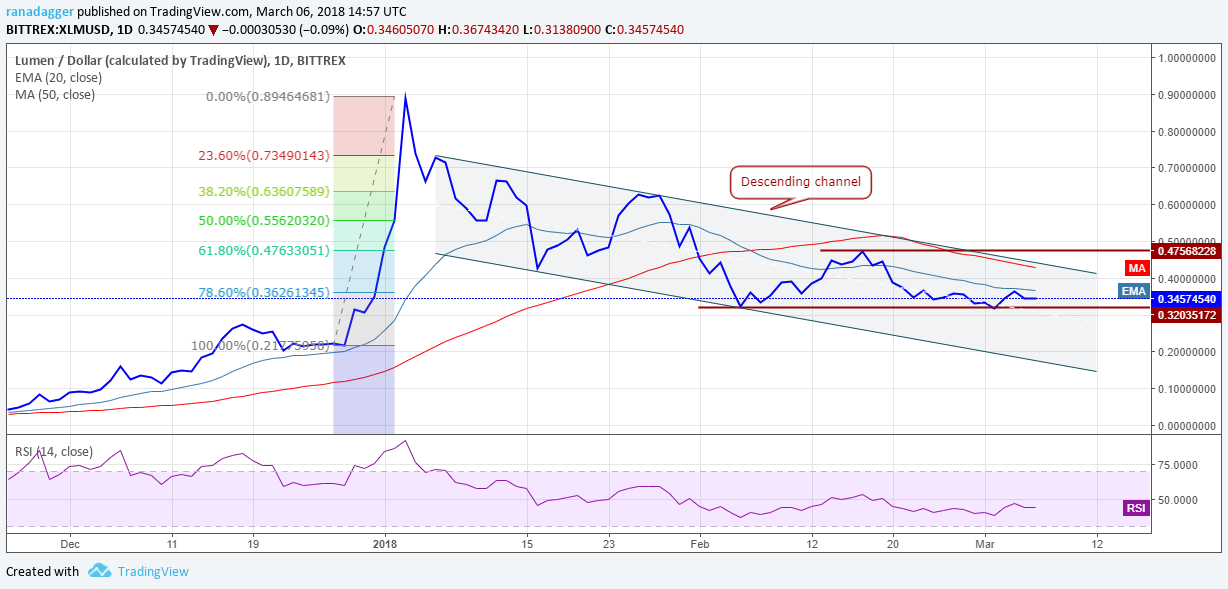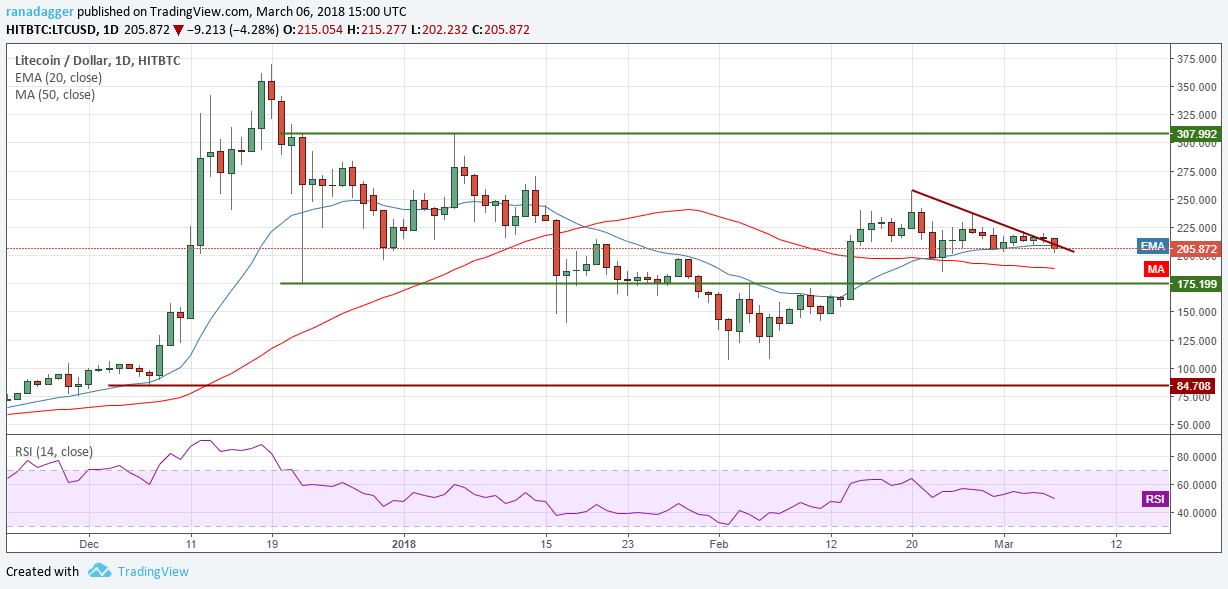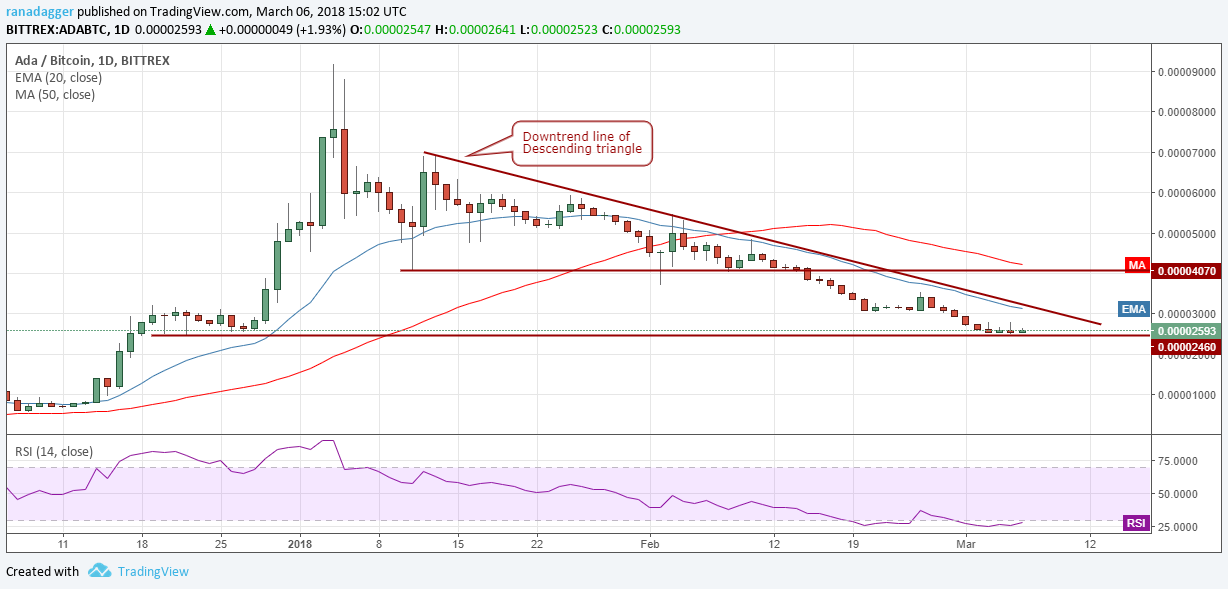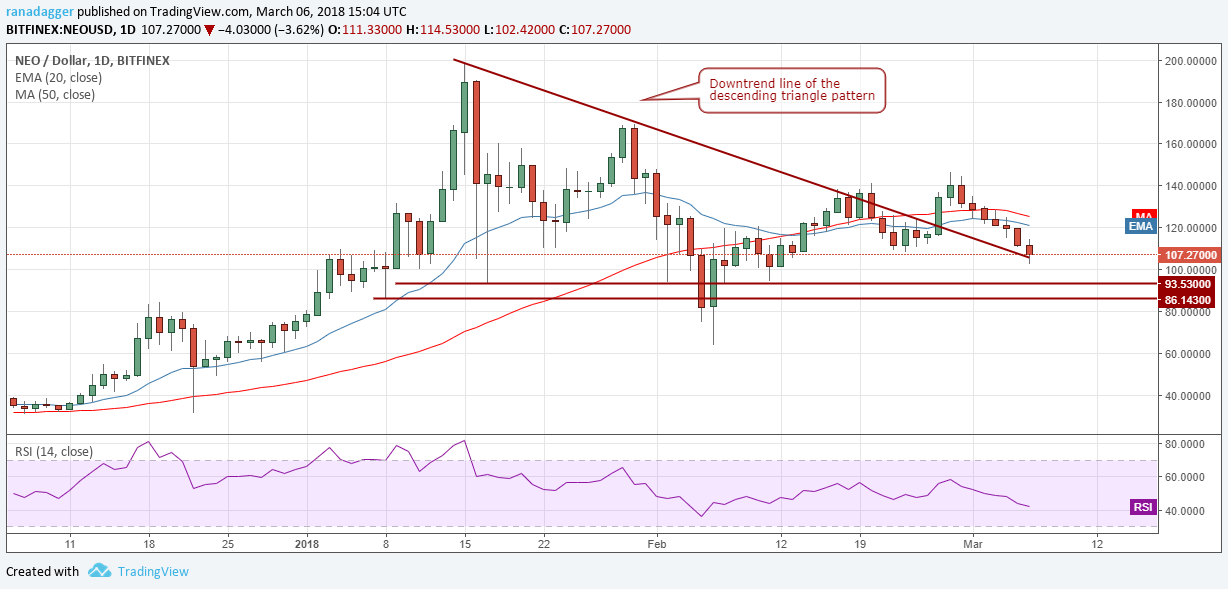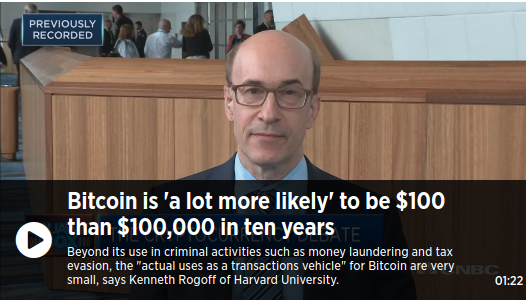
Japan's Third-Largest Electric Provider Is Testing Bitcoin On Lightning
Japan's third-largest electricity provider is emerging as one of the first major companies in the world to trial a promising bitcoin payments technology.
Revealed exclusively to CoinDesk, Chubu Electric Power Co. has entered into a proof-of-concept with local bitcoin and Internet of Things (IoT) startup Nayuta, one that finds it exploring how bitcoin payments can be made via the Lightning Network, an in-development protocol that promises to cut costs for bitcoin users.
Boasting 15,000 employees and more than 200 power generation facilities, Chubu is now using Lightning to prototype a new way of letting customers pay to charge an electric vehicle.
In a demo of its work, Chubu and Nayuta went so far as to show how a Lightning payment could be sent to an electric vehicle charger that, once paid, instantly turned on and began to energize a real-life vehicle.
Chubu Electric Power Co. senior manager Hidehiro Ichikawa told CoinDesk that the test is part of the company's "market research" into how bitcoin could power its IoT needs, though he noted it doesn't yet have any official plans to accept Lightning payments from customers.
In this way, Chubu's story resonates with others enchanted by cryptocurrencies but frustrated by their current capabilties. Of note is that Chubu has been experimenting with bitcoin for IoT for quite some time, but faced a wake-up call when it realized its blockchain isn't as cheap as advertised.
Ichikawa told CoinDesk:
"Since the electricity charge is small, [Lightning's] necessary to reduce the fees for using public blockchains."
Nayuta CEO Kenichi Kurimoto believes this test is a signal of something larger — an enterprise interest in using bitcoin to deliver IoT payments in a cost-effective manner with Lightning.
"For IoT and blockchain applications, real-time payments are needed. We showed that second layer payments can be the solution," he said.
Lightning + electricity = <3
But it wasn't just Chubu and Nayuta involved in the test.
To show one way Lightning can work for IoT, the two companies hooked up a Lightning node to an electronic vehicle charger and plugged it into a car. From there they also enlisted Japanese software startup Infoteria, which coded up a mobile app to bring the user experience together.
Once clicking the "send" button, the app communicates with the charger over Wi-Fi or Bluetooth, which delivers the message and turns the power on.
Notably, the companies involved didn't use real bitcoin in the test, as other "reckless" experimenters have been doing recently. Rather, they sent dummy bitcoin on a closed test network that they have more control over.
That detail aside, the test was successful, showing that Lightning can indeed make small, instant payments for electric vehicle charging.
Nayuta spokesperson Hitomi Moriyama went on to say that he believes the same set-up could one day be offered in everyday parking lots. Users could easily use Lightning bitcoin payments to charge up their car, similar to how these chargers are refilled with credit cards today.
"[Lightning] makes it possible to operate a highly reliable charge management system with a small introduction cost," he said.
Impact and outlook
Still, while the test mirrors those that have happened on other blockchains, this one is perhaps notable given the size and scope of Chubu and the continuing commitment of some of the parties involved.
As Ichikawa stressed, Chubu's experiment is still an early proof-of-concept, and he was short on details about how it might affect the company's product as well as how much money it is even pouring into the project.
That said, Nayuta plans to continue to dedicate its entire business to continuing the exploration.
"We will continue to develop and experiment to seek for what kind of architecture is the best to apply Lightning Network for IoT," Moriyama told CoinDesk.
Kurimoto added that Nayuta is now working to ensure compatibility of its software with the three other major Lightning software implementations that are most in use today.
Going forward, Kurimto said he has introduced his team to the Lightning developer mailing list in an effort to work more closely on enterprise applications of the technology.
Author: Alyssa Hertig Updated Mar 13, 2018 at 03:08 UTC
Posted by David Ogden Entrepreneur

Alan Zibluk Markethive Founding Member




